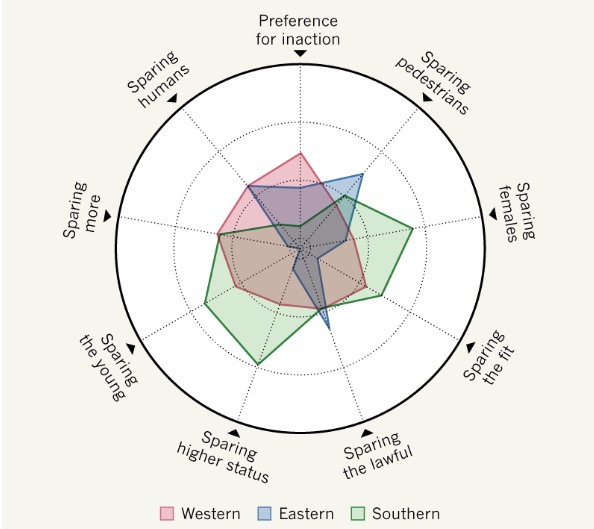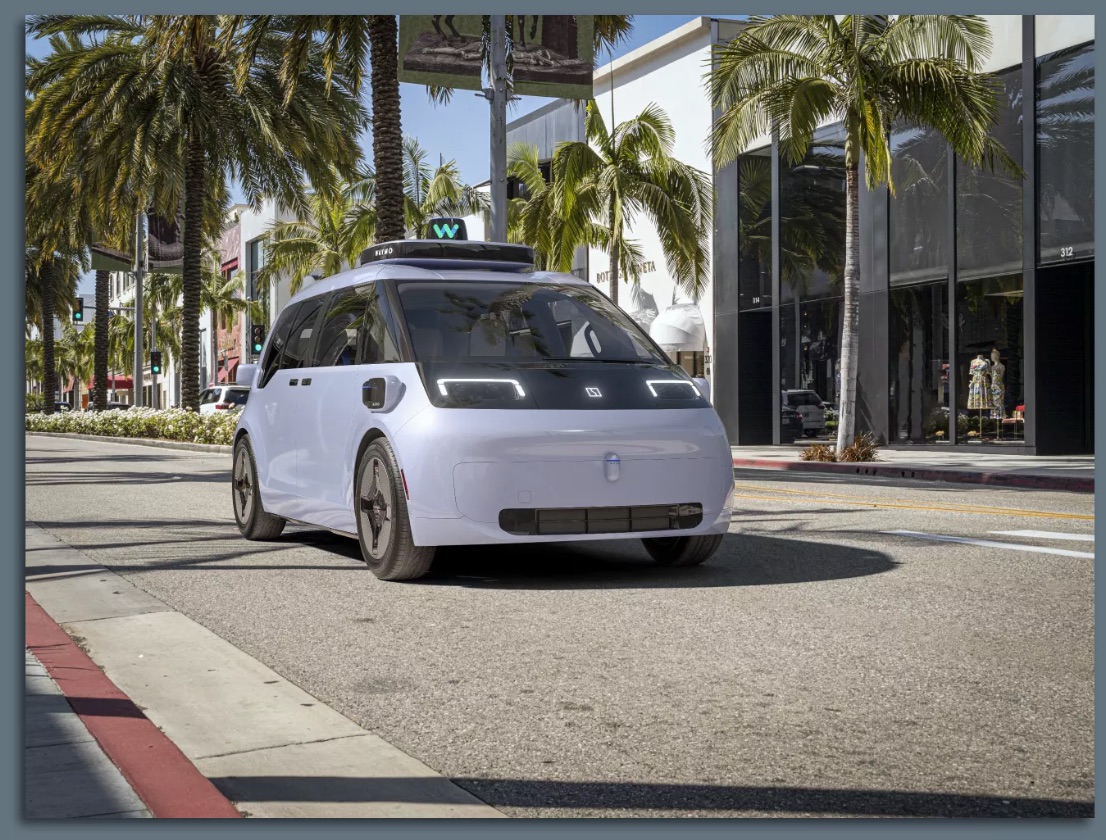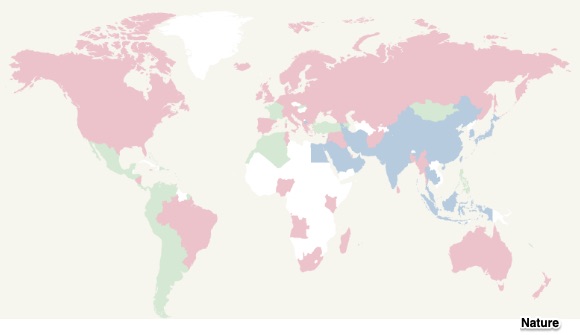Seemingly an ordinary San Francisco traffic violation, a police officer recently stopped a vehicle whose lights appeared off after dark.
It rapidly became not so normal.
Autonomous Vehicles
Resembling Uber and Lyft, San Francisco consumers can pay for rides in Cruise and Waymo driverless robo taxis. But there was a glitch when one of their vehicles appeared to flee the cops after a traffic stop and then, after driving a block, again pulled to the side of the street.
Harvard scholar David Zipper asks if we have sufficiently. identified the downside of autonomous vehicles. True, for any new technology, there will be issues until we adapt. But still Zipper has some major concerns. Wondering if AV proliferation makes us better off, he cites the Jevons paradox (which we have looked at), through which too many AVs would add to climate change. He questions if they will truly boost safety and doubts that most of us will get our work done in the back seat. Asked if we should worry about China taking the lead in AV development, he says we can just “keep a watchful eye on new developments.”
Programming Dilemmas
In addition to all cited by David Zipper, there are countless programming questions. When cars make decisions, humans have to decide what they should be. To get some answers,MIT’s Moral Machine presented 13 scenarios to millions of people in 233 countries. All had situations in which someone had to die. Their task was deciding who.
Letting us know there were no clear answers, they did agree that we should give humans priority over animals and we should save many rather than a few.
Geographically, they wound up with three groups:
- The Western Cluster: Values that related to Christianity characterized the answers from North America and some of Europe.
- The Eastern Cluster: People with a Confucian or Islamic heritage from places that included Japan, Indonesia, and Pakistan tended to have similar opinions.
- The Southern Cluster: The third group, not explicitly tied to specific religious roots, was from Central and South America, France, and former French colonies.
Nature Magazine illustrated the differences through a moral compass:
And then, beyond geography and religion, programming ethics varied by gender, age, education, income, and politics. In more affluent countries with established institutions (like Finland and Japan), survey participants were more likely to condemn an illegal jaywalker. As for age, respondents in the Southern Cluster tended to spare the young rather than the aged.
Our Bottom Line: Tradeoffs
I just wonder whether we’ve been romanced by a new and exciting technology. Instead, as economists, we cannot forget that choosing is refusing. By making practical and programming decisions, we’ve rejected the alternatives. Moving ahead with self-driving cars, we could be ignoring what we will sacrifice.
My sources and more: This Slate TBD podcast alerted me to the AV debate we should be having. It also introduced me to David Zipper’s more moderate approach.Then for more insight about the industry’s future, I went to Axios, one of my favorites, and returned to this Nature article.







